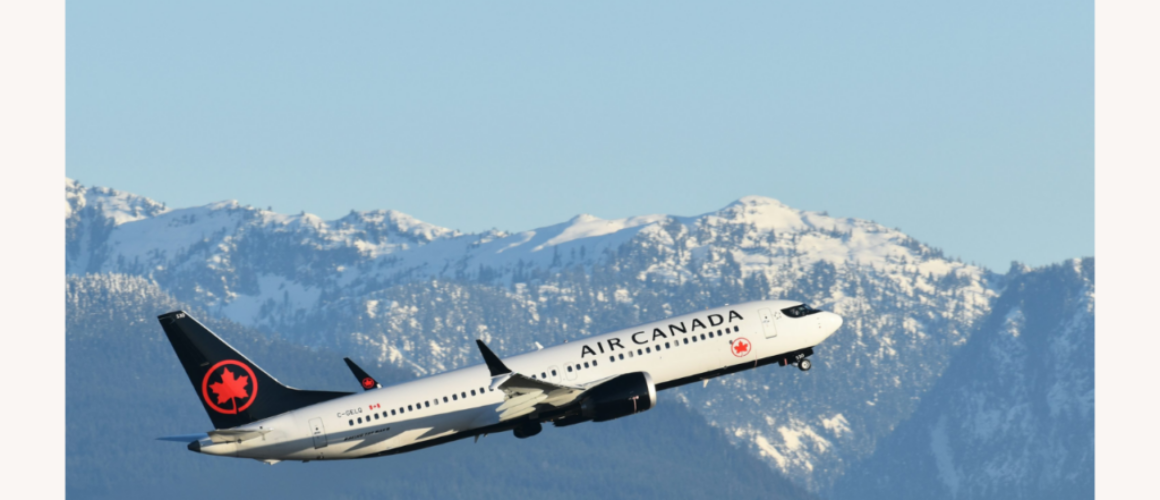Air Canada Sees Booking Decline Amid Cross-Border Tensions
As U.S.–Canada trade tensions intensify in 2025, the impact is no longer confined to factories, tariffs, and commodities — it’s taking to the skies. Air Canada reported a sharp decline in U.S.-bound bookings over the next six months, citing “low teens percentage drop” driven by diplomatic tensions and economic uncertainty.
Economic Confidence and Travel Decisions
Air Canada attributes the slump to several key issues:
- Weaker Canadian dollar
- Visa delays and longer border wait times
- Uncertainty in trade policy affecting corporate travel
- Anti-Canadian political rhetoric impacting consumer confidence
Implications for the Travel Industry
This trend may disrupt tourism, hotel bookings, and cultural exchange. Cities like Niagara Falls and Buffalo may see lower foot traffic from Canadians. Economists warn this could:
- Reduce tourism sector revenue
- Delay post-pandemic recovery in travel industries
- Impact bilateral trade shows and cross-border events
Air Canada’s Response Strategy
Air Canada is refocusing on:
- Domestic route marketing
- Expanding flights to Europe and the Caribbean
- Fare flexibility for Canadian travelers
- Government collaboration on border screening
Broader Business Context
The airline’s pivot reflects a larger trend among Canadian businesses: diversify or risk exposure. Sectors from agriculture to tech are eyeing non-U.S. markets as safer bets for 2026 and beyond.
Conclusion
Air Canada’s booking slowdown highlights the intersection of diplomacy and travel. When political trust declines, travel becomes collateral damage. Canada’s flight path forward must now include innovation, resilience, and new destinations.
